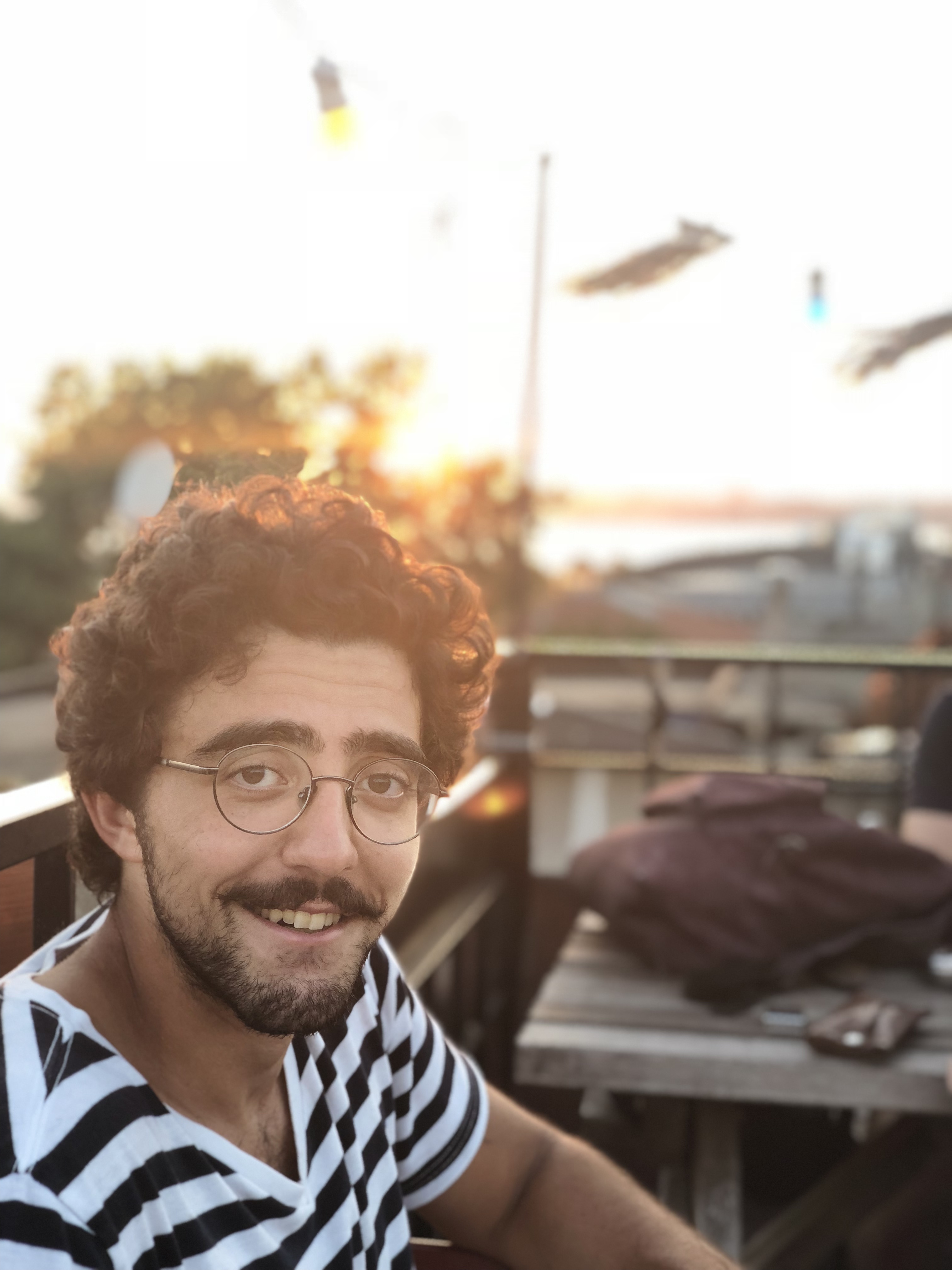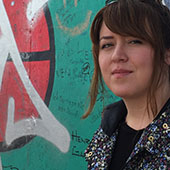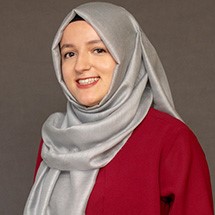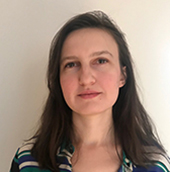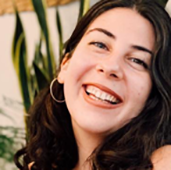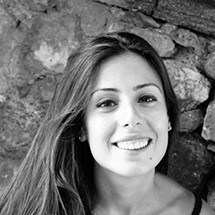Ulaş Erdoğdu is a Ph.D. student at the department of Political Science and a fellow in the Middle East and North African Studies Program at Northwestern University. He is broadly interested in the relationship between organized violence and political order, specifically studying civil wars, state-building, contentious politics and political regimes. Methodologically, he is interested in multi-method research design, conflict and protest event analysis, conceptualization and operationalization as well as data reliability issues in violent and authoritarian contexts. Before Northwestern, he worked as a research assistant at Empirical Studies of Conflict Project, Princeton University, and Boğaziçi University where he got his BA and MA degrees in Political Science and International Relations.
Hazal Özdemir is a doctoral student in History and a fellow in the Middle East and North African Studies cluster. She is a co-chair of the MENA Graduate student group and a student representative in the department of History. Before coming to Northwestern, she received a BA in History from Boğaziçi University, Turkey and an MA in History of Art with Photography from Birkbeck, University of London. She specializes in the Ottoman Empire in the late 19th and early 20th century. She studies the Armenian circular migration between the Ottoman Empire and the United States at the turn of the twentieth century, with a focus on surveillance mechanisms the Ottoman government developed to restrict Armenian migration. She demonstrates that by 1896 Armenians were allowed to emigrate only under the conditions that they give up Ottoman subjecthood and sign a document attesting that they would not come back. Her project contributes to the existing literature on Ottoman Armenian history by studying denaturalization of targeted populations and methods devised to control their movements such as photo registers. With deep sourcing from multiple archives, using state documents, memoirs, letters and newspapers in Ottoman Turkish, Armenian and French, and official migration photographs, this project seeks to understand the ethnic engineering project began in the era of Abdülhamid II (1876-1909), which aimed to single out Armenians as a community. The Keyman Modern Turkish Studies Program generously funded her research.
Areas of interest: emigration to the US, photography as a means of state control, Ottoman photography, Ottoman migration policies, Ottoman Armenians, subjecthood, denaturalization
